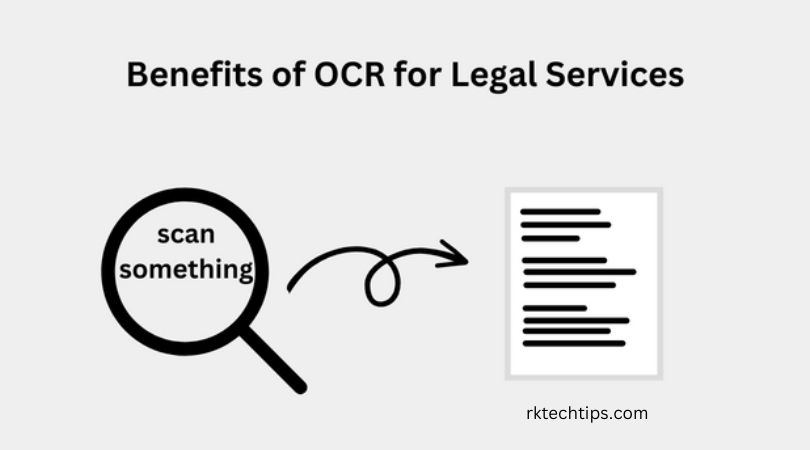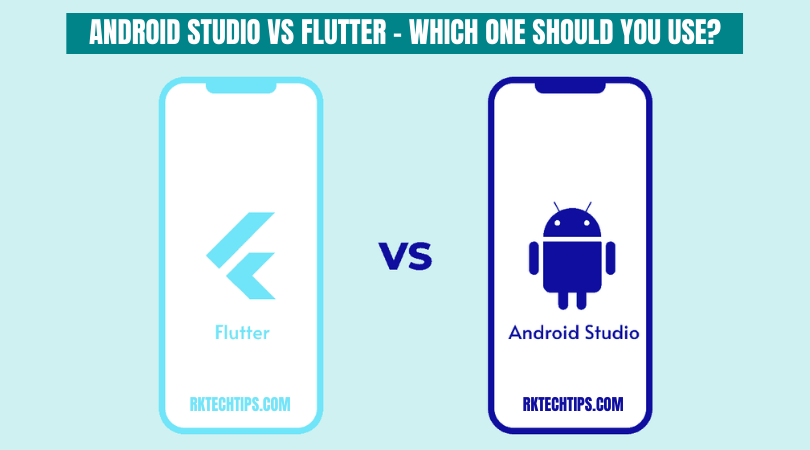Creating apps for many different platforms can be a scary task. Keeping up with programming technologies like Visual Studio, C#, Swift, Objective C, Java, Xcode, Eclipse, and Android APIs is a difficult task.
Didn’t it sound like a difficult job to keep up with all the new technologies or hire developers for each platform?
In this case, you’ll want to use HTML5 mobile app development, which is a cross-platform app language. This method lets you focus on what matters, like making a great user experience and adding the right features.
Since your code is written in HTML5, the most specific part is that your app works on new devices as soon as they hit the market. For getting more knowledge, read more about html5 development services.
What are HTML5 mobile applications?
HTML5 mobile applications are web pages (or groups of web pages) made to work on a smaller screen. One can use these apps with almost any standard app programme.
They aren’t just for mobile platforms. They will work on all kinds of devices, from Apple to Android to Windows and everything in between.
Since HTML5 mobile apps are based on the web, the content is easy to find and can be updated quickly.
It could help some businesses, especially if they often want to add, change, and update content. The content of an HTML5 mobile app can also be searched, which can help your SEO efforts.
Essentials of HTML5:
The HTML5 Mobile App’s most essential features are:
– Audio/video support.
– Multilingual accessibility operation.
– Cashing checks outside of a bank.
– Mobile-friendly and design.
– Storage that is reliable and smart.
– Codes that work.
– Geography.
– Better communication.
The HTML5 apps let you get to any online resource, an audio file, or a video file. JavaScript code is beautiful, simple, and easy to understand. HTML5 application development makes it possible to have perfect and safe options for local storage.
Even if you close the window, your data and cookies are still in your browser. So, we use the advanced HTML5 language and several other practical development tools. It is the way of the future, so we use them.
Benefits of using HTML5 Mobile App.
1. Simple:
One of the best things about HTML5 web apps is that users don’t have to do anything to get updates. Instead, updates happen automatically.
A website or app only shows the latest version to people who visit or use it most of the time. Even though this is sometimes seen as a controversial topic, I think it’s a nice compliment.
It’s suitable for users, like app developers, because they don’t have to give users access to different versions of apps. It means they don’t have to do a manual update for users, which can be time-consuming.
2. Easy to Learn:
Compared to other technologies, HTML5 code is usually easy to learn. On the other hand, businesses can save money by making apps that work on all operating systems instead of native apps.
3. Cleaner code:
“Keep the codes clean,” says almost every coding tutorial, and now you can do that with HTML5. It is an essential change in this re-creation of the vocabulary because it lets us write clean, descriptive and semantic code.
You could also quickly tell the difference between style and content. It saves time for marketing by using a “write-once, run-anywhere” method.
Attention to the market takes both time and money because the application that is being built runs on different browsers.
4. Cost-effective:
HTML5 apps are cost-effective because developers only have to write a few lines of code to make them work perfectly on all devices.
It can be true for businesses that don’t have much money and want to reach users on different devices and platforms.
5. Remotely updated:
Html5 mobile app development needs to be updated separately for each mobile platform, unlike hybrid or native apps, which need to be updated for different operating systems and devices. The way to edit in HTML5 is easy to travel because the app gets updated remotely on the server, so there’s no need to update it by hand.
6. Offline Browsing:
One of the best things about HTML5 mobile apps is that they can store web app code and content locally using the offline cache. It lets people read the web when they don’t have an internet connection.
7. Cross-platform:
One of the best things about HTML5 apps is that they work on many different devices. The same HTML5 mobile apps will work on other mobile operating systems, like iOS, Android, Windows Phone, and Blackberry.
It could mean that making the app is much less than the cost of making native apps for each Operating System.
Users say that it takes longer to make an HTML5 app than a native app, but this doesn’t take into account that you can use the app on more than one platform and that it needs to be built more than once with HTML5.
Rise Of HTML5 Mobile App Development.
HTML5 has many new features, such as advanced streaming video and audio and integration. HTML5 mobile application development lets mobile apps quickly adjust to different screen sizes, aspect ratios, guidelines, and resolutions.
HTML5 apps use some of the modern devices’ most advanced and robust parts, like the camera, GPS, and accelerometer.
The final word goal is to give users a personalised, situation-based experience on the proper devices, like smartphones and tablets.
HTML5 gives the best app developers more freedom to make fun and interactive websites and more powerful and practical apps.
It’s not going away! But to figure out the best way to build your app, you need to know your business goals, technical limitations, and operational needs.
HTML5 isn’t the answer to everything, but it does give users a good user experience (UX) across different platforms and devices.
The market for mobile apps is increasing, especially in developing countries like Asia and Africa. But in such markets, different devices could often cause trouble for the developer.
Because it’s too expensive, iOS hasn’t caught on in emerging markets. HTML5 apps can be a good choice and help more people see your app.
Bottom Line.
Many big companies are moving toward html5 mobile application development to make their apps run better. It also makes things easier and costs less.
With html5 frameworks, html5 apps give businesses an easy alternative to native apps. For making mobile apps, all start-ups should think about using HTML5.
In short, HTML5 apps are unique because they can be written once and run anywhere. After all, this is the group of websites that have been made to work best on mobile devices.
It has advanced features for audio data, streaming videos, animation, graphics, and support for use when you’re not online.
HTML5 apps have semantic functions, building control, and multimedia elements. It also has APIs that let you use services like geolocation, local storage, application caching, drag-and-drop, etc.













